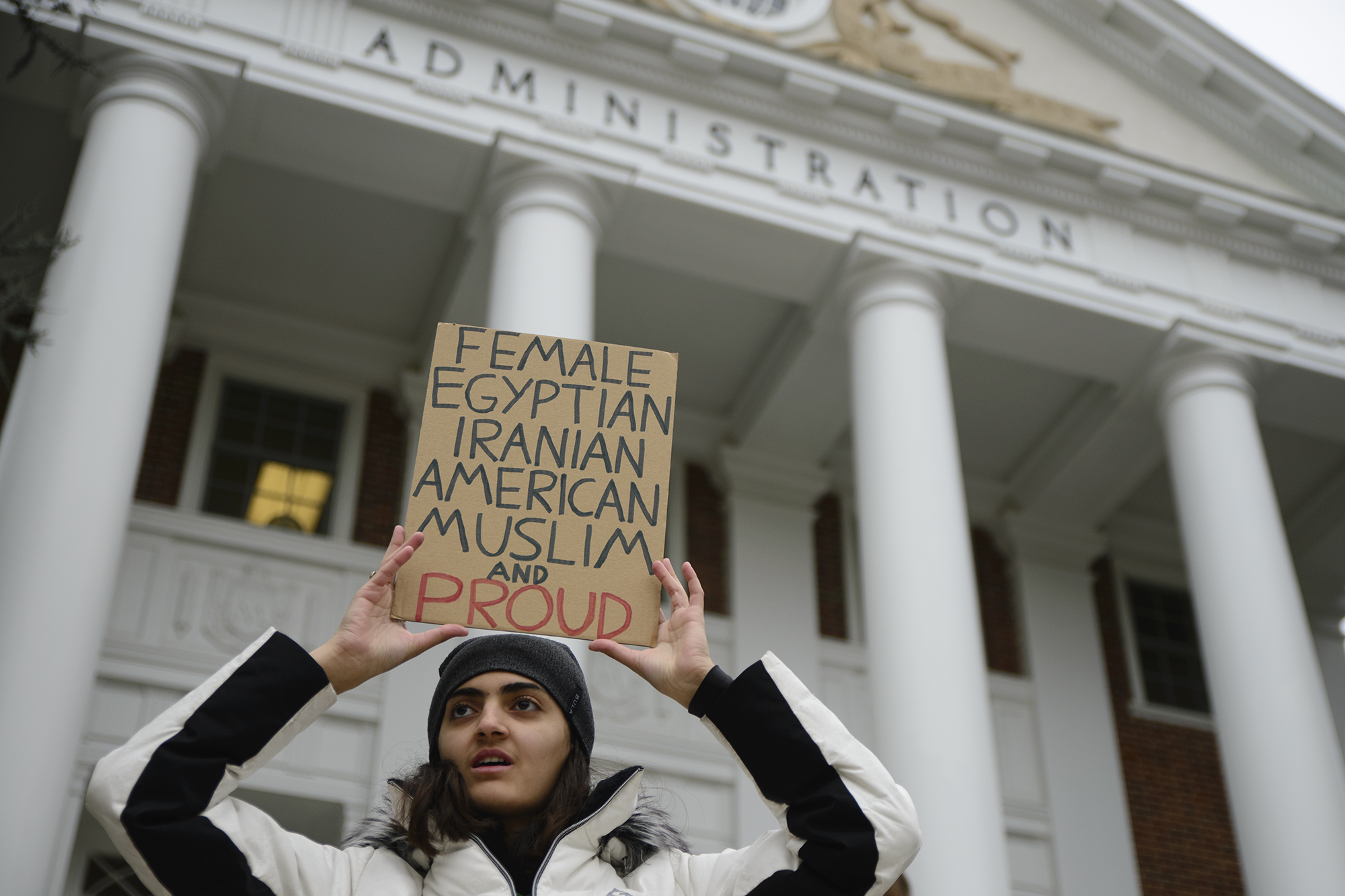Views expressed in opinion columns are the author’s own.
Last week, the University of Maryland SGA proposed creating a campus black history tour to highlight the contributions and struggles of black people on this campus. This is an excellent idea and exemplifies how education is one of the best ways to create a more tolerant and understanding student body.
As the influx of hate bias incidents continues on college campuses, and particularly at this university, administrations across the nation must tackle the issue at the root. And no, the solution is not to encroach on free speech. The solution is to educate more people about the struggles of marginalized communities.
At this university, we have diversity requirements in our general education curriculum. They are broken into “cultural competence” and “understanding plural societies.” There are many courses that can fill the required credits, but not all of them are truly representative of diversity in the first place.
While our diversity requirements are already fairly comprehensive, there is too much leeway regarding what can and cannot count for this credit. Classes such as Introduction to Human Geography, which would act as a DVCC credit, will likely not foster the kind of tolerance and understanding this university strives to create within its student body.
Many students already complain about the number of credits required in our general education curriculum, especially those in majors with particularly high credit requirements, but these diversity credits are still incredibly important — I have been in classes with students who don’t believe the wage gap exists, or who don’t know what the letters in LGBTQ stand for.
An even better solution to the growing hate in our country is to promote tolerance in schools as early as possible. Unfortunately, the present reality is many people in our generation did not grow up with the resources or desire to learn about other people’s identities.
This university needs to make creating tolerant students the focus of our diversity requirements. The set of courses that satisfy the diversity requirement should be reduced to only those that will allow students to understand how privilege and oppression exist in our society and their relation to it — courses such as Introduction to Asian American Studies; Lesbian, Gay, Bisexual, and Transgender Studies; American Studies; Women’s Studies and African American Studies. It seems too obvious to say, but diversity courses should focus on actual diversity above anything else. Not enough of our student body is tolerant of other people’s identities, and this is a way to counteract that issue.
These diversity courses should also be required during students’ first or second year at this university. Students tend to put off their diversity credits until their final years of college. Forcing students to take these requirements as soon as possible would emphasize the importance of tolerance.
Yes, this makes it slightly harder to earn the 120 credits needed for graduation in four years, but we can counteract these more specific mandatory classes by broadening other areas. This university could broaden what counts for the I-Series credit, or allow more overlap between general education and major requirement courses. There are a number of ways to seamlessly make this change, but what is important is that it happens.
We are not doing enough at this university to promote change in our student body, and we need to start addressing our underlying problems as early as possible. There’s too much at stake to leave any gaps.
Liyanga de Silva is a sophomore English major. She can be reached at liyanga.a.ds@gmail.com.



